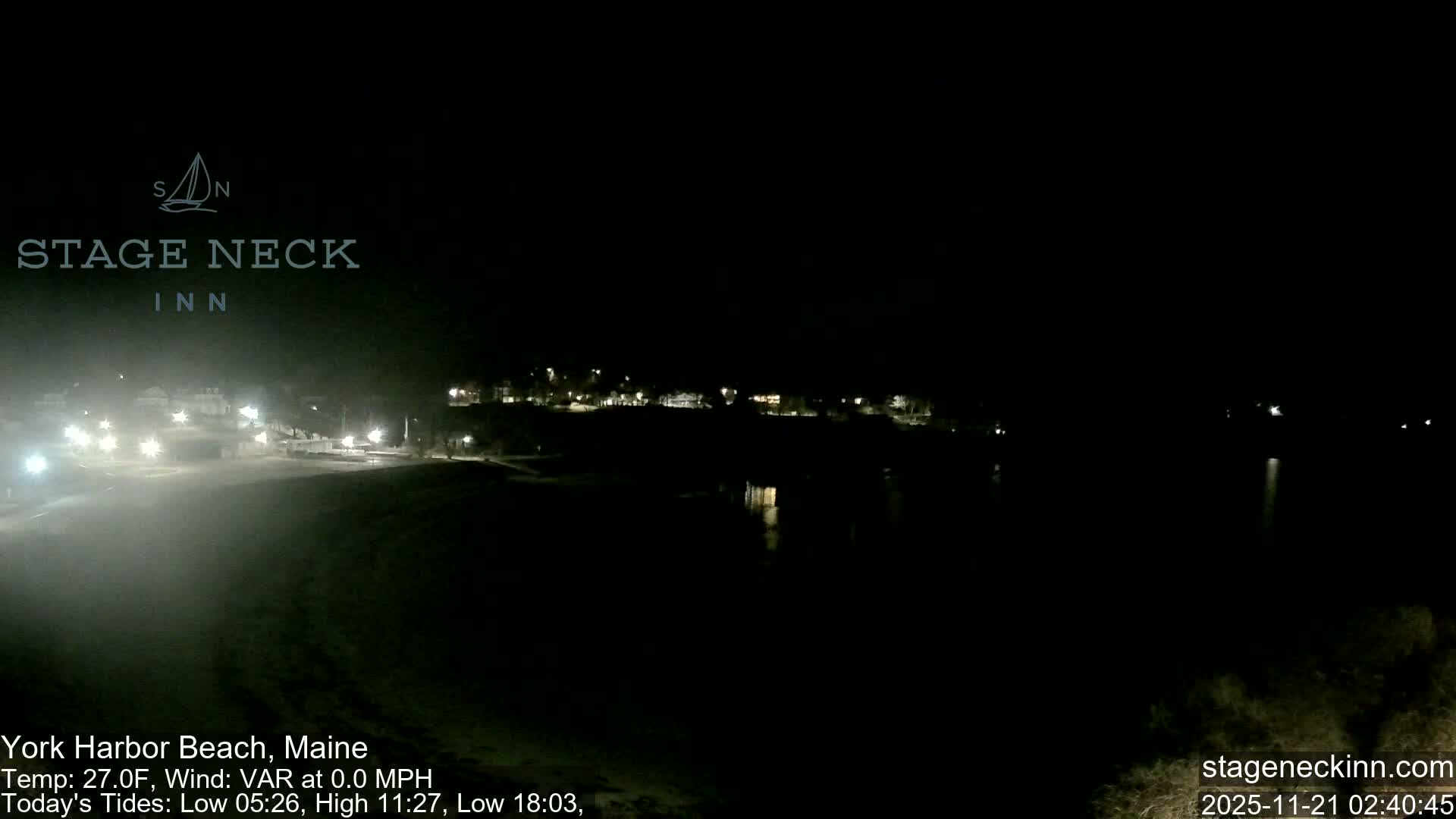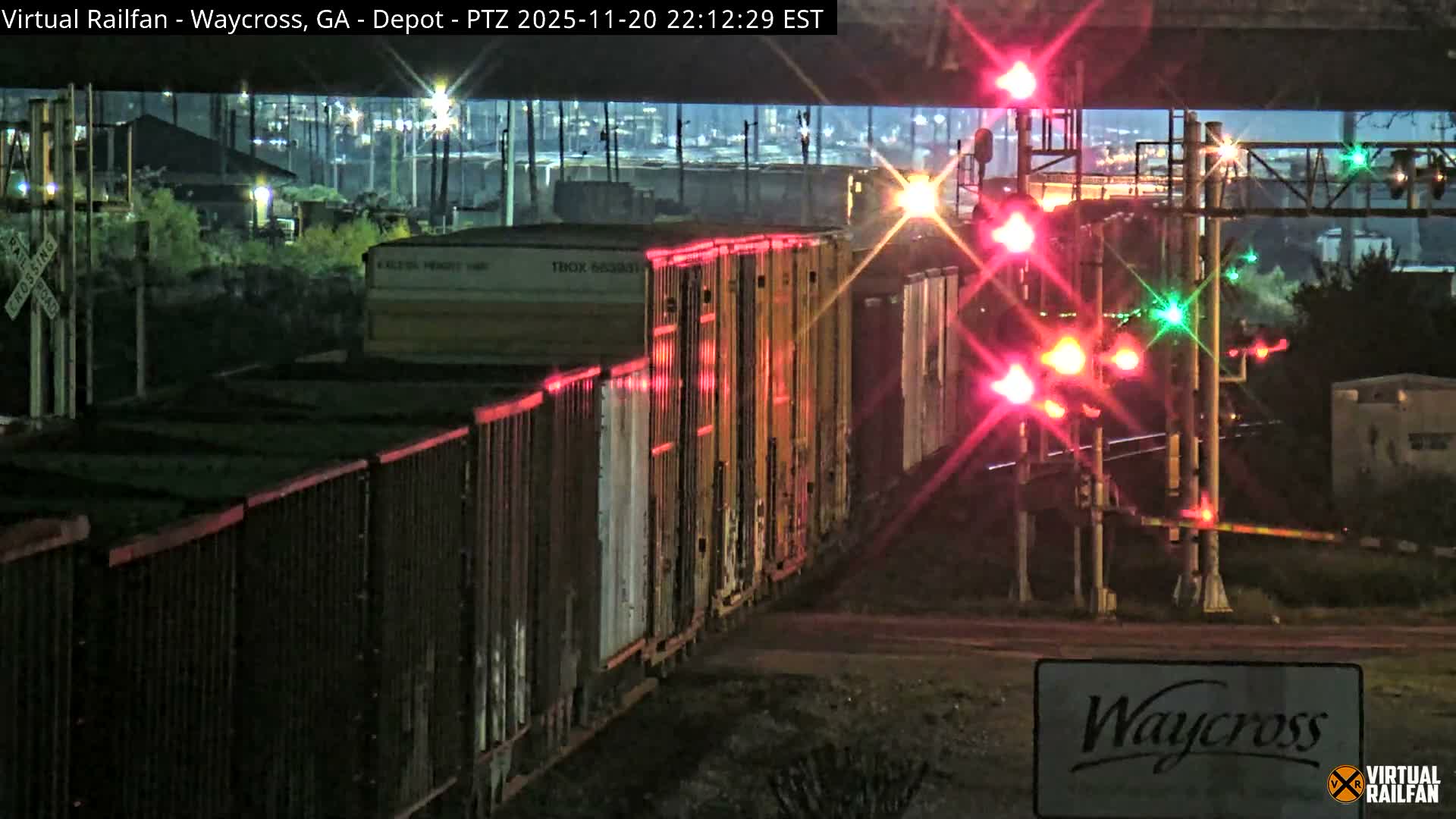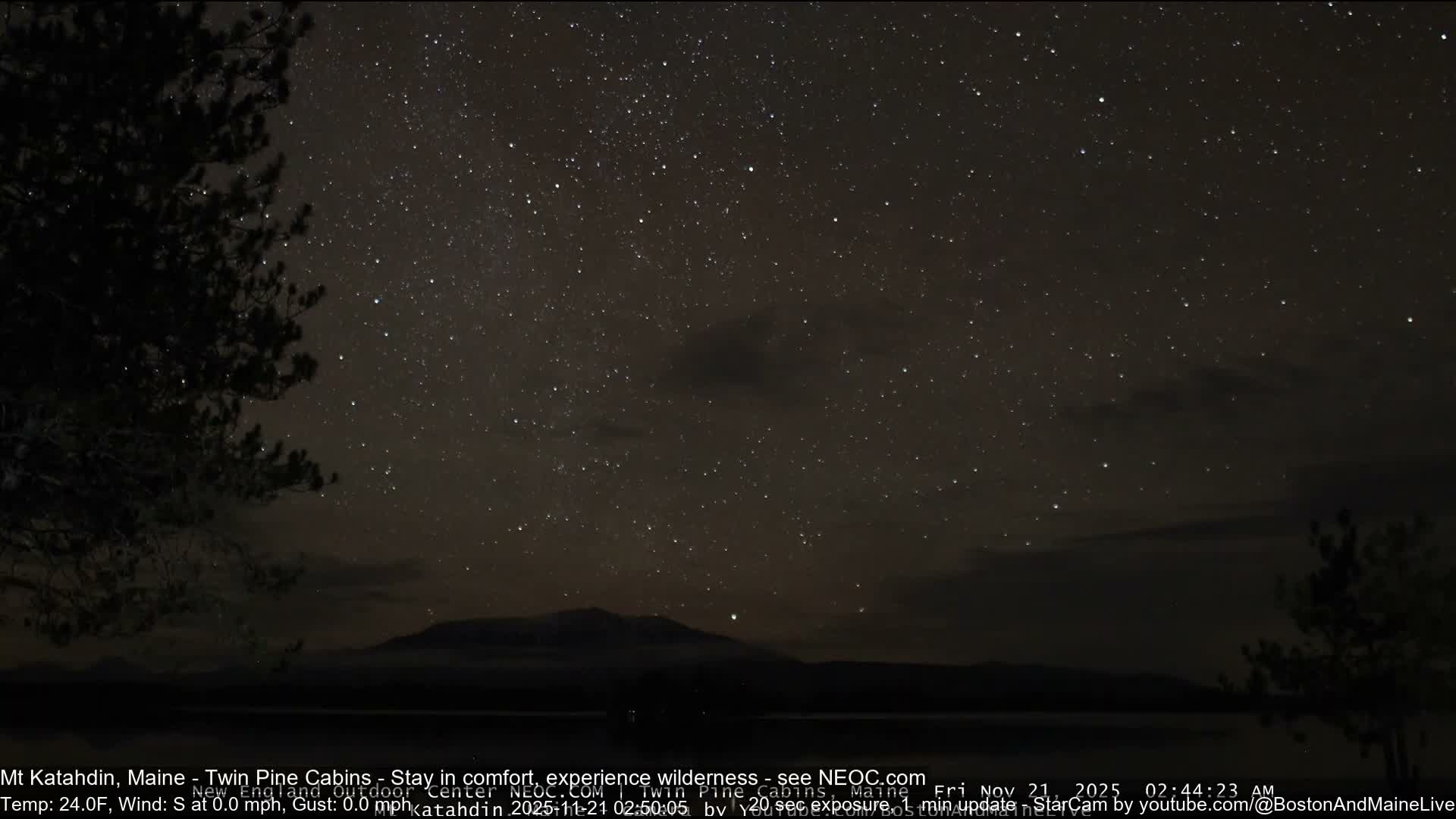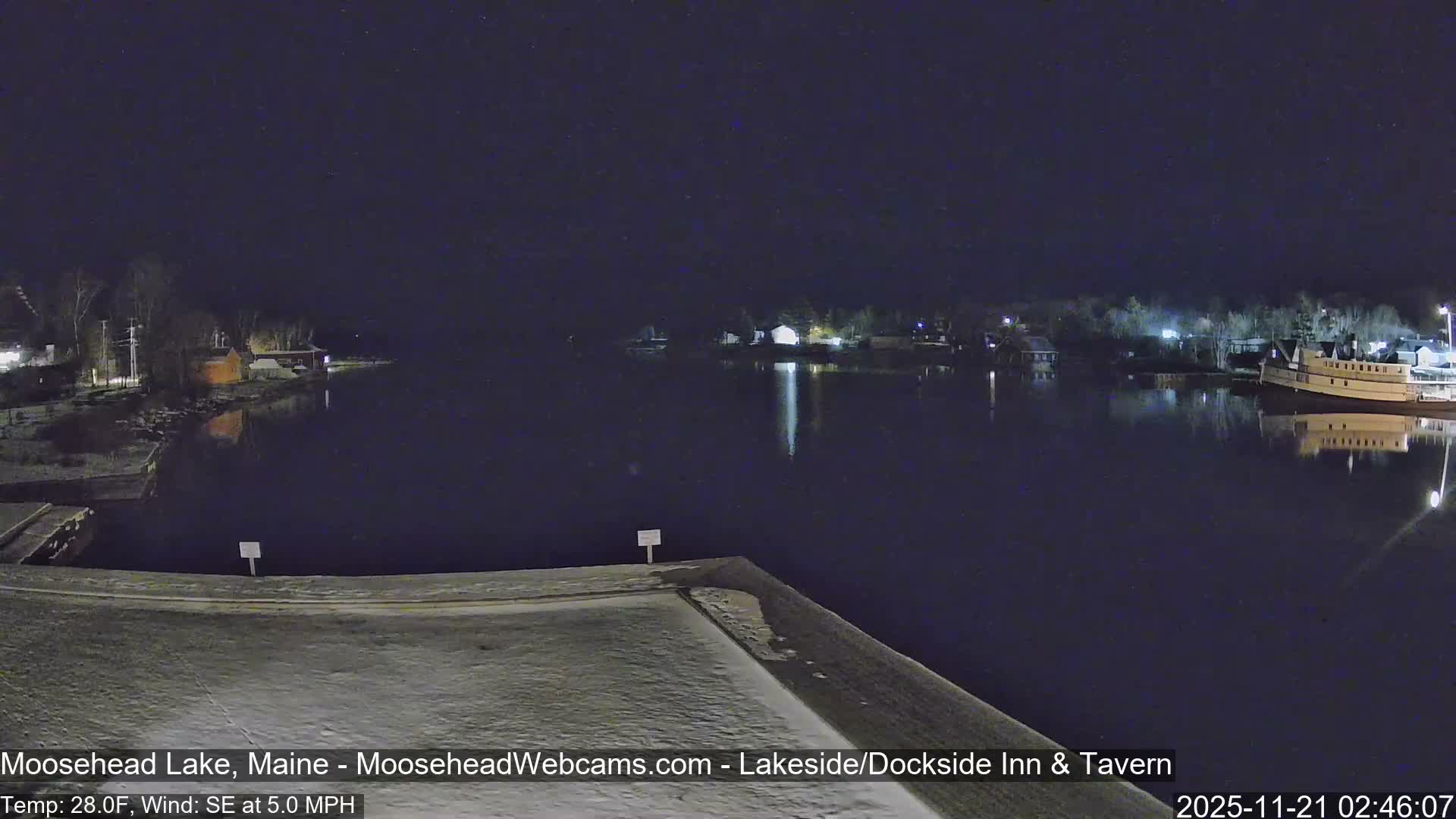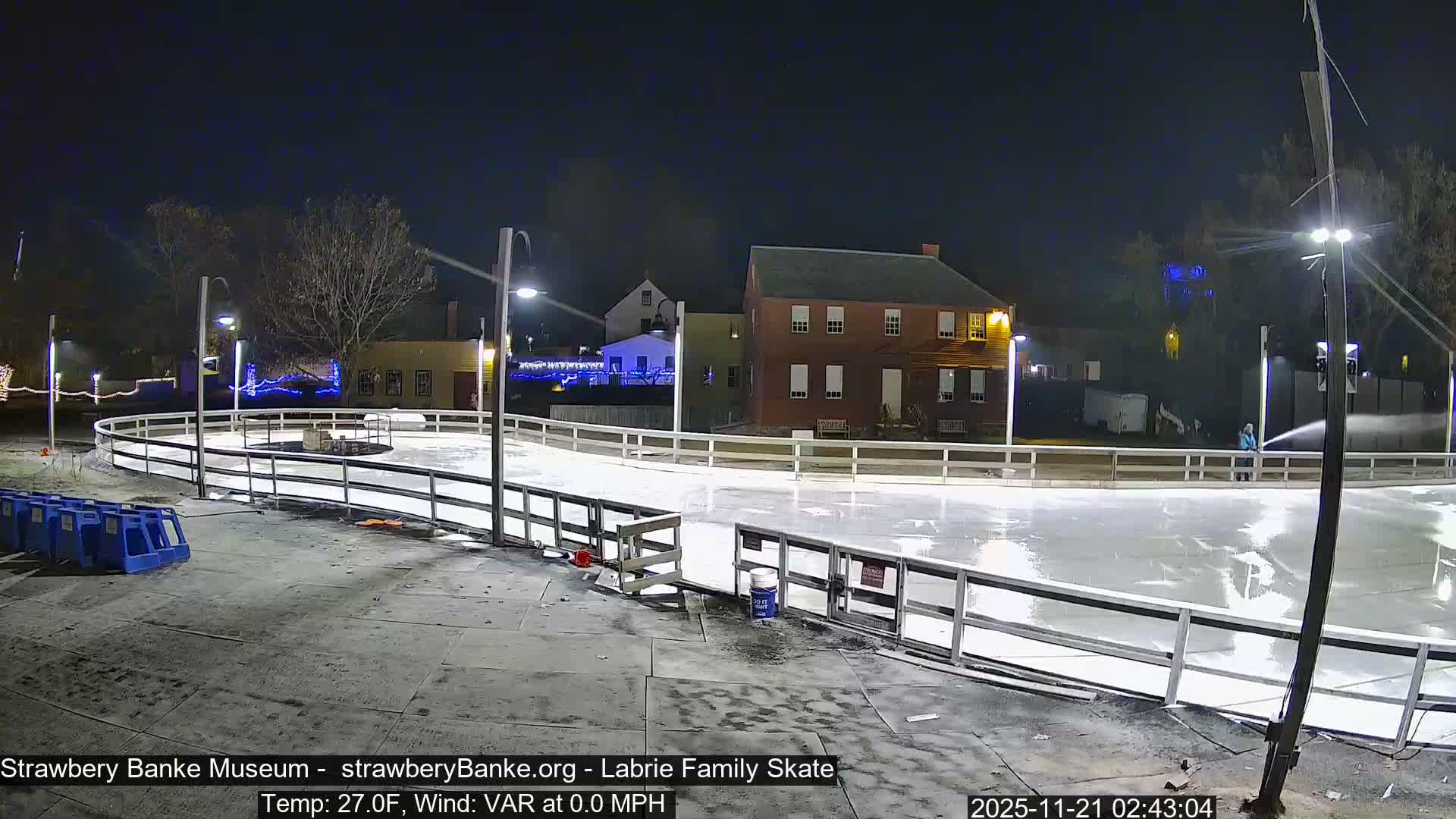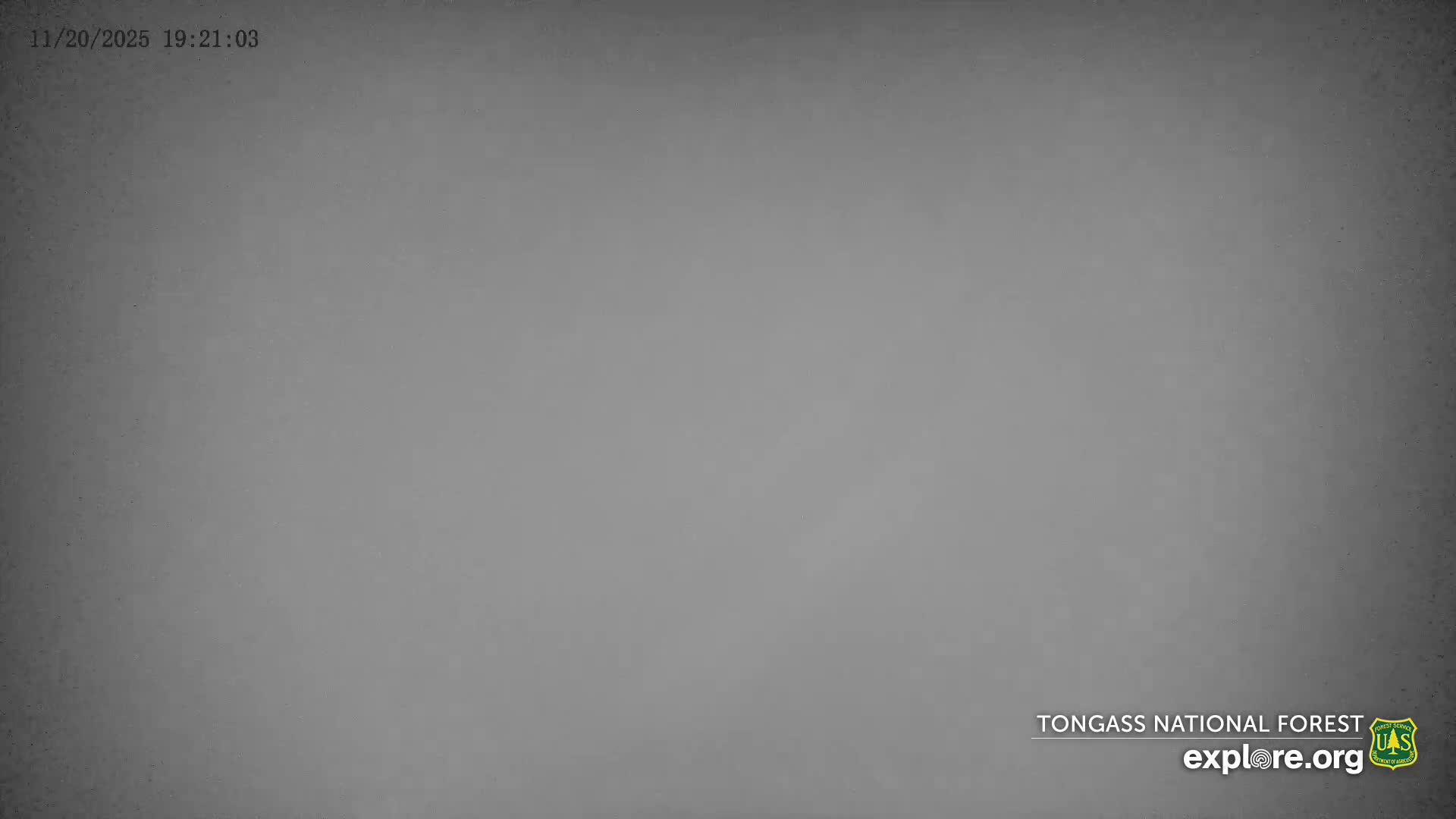Federal Judge Blocks Trump's National Guard Deployment in Washington D.C.; Administration Appeals Ruling on Domestic Law Enforcement
 United States
Politics & Law
United States
Politics & Law
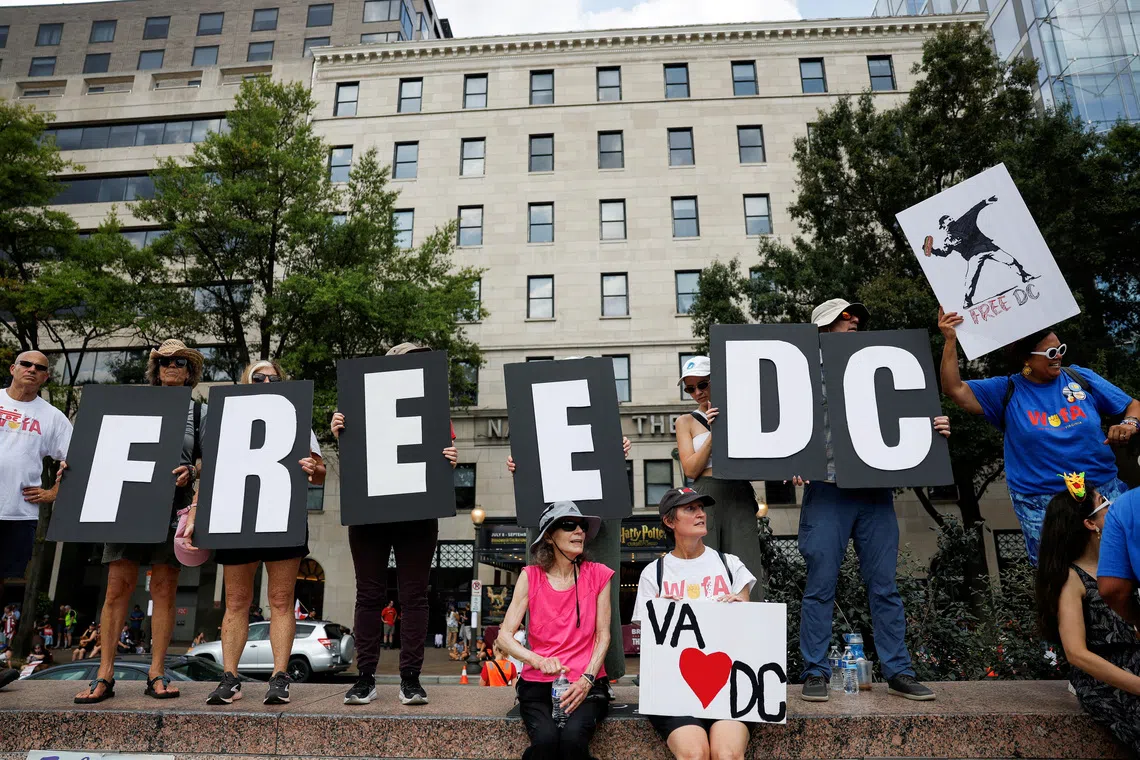
Federal Judge Jia Cobb temporarily blocked Trump's National Guard deployment in Washington D.C., pending appeal. The ruling sparks a legal debate over president
Federal Judge Temporarily Halts Trump's National Guard Deployment in Washington D.C.
A significant legal challenge to presidential authority emerged recently as a federal judge moved to temporarily halt former President Donald Trump's directive to deploy National Guard troops in Washington, D.C. U.S. District Judge Jia Cobb, appointed by former President Joe Biden, issued a ruling on Thursday that would prevent the Trump administration from using the National Guard for law enforcement duties within the nation's capital without explicit approval from the city's mayor. However, the implementation of this order has been temporarily delayed until December 11, providing the administration an opportunity to appeal the decision.
Dispute Over Presidential Authority and Local Objections
This legal confrontation is one of several playing out across the United States, highlighting a rarely tested constitutional debate over a president's power to utilize military forces for domestic law enforcement, especially when faced with objections from local leadership. The Trump White House, through spokeswoman Abigail Jackson, asserted the legality of President Trump's actions, characterizing the lawsuit as an attempt to undermine successful initiatives aimed at curbing violent crime.
Conversely, District of Columbia Attorney General Brian Schwalb, an elected Democrat, initiated the lawsuit on September 4, following President Trump's August 11 announcement of the deployment. Schwalb's office contended that permitting the President to deploy troops for domestic policing would establish a perilous precedent, accusing the administration of unlawfully seizing control over the city's law enforcement functions and violating statutes that prohibit military personnel from engaging in civilian police work.
While Presidents do possess distinct law-enforcement prerogatives in Washington, D.C., given its unique status outside any state, local officials argue that Trump's actions exceeded these boundaries. They maintain that his deployment usurped the mayor's policing authority and contravened legal stipulations against federal troops performing civilian police duties. Lawyers representing the Trump administration dismissed the lawsuit as a politically motivated maneuver in court documents, asserting the President's prerogative to deploy troops to Washington irrespective of local leaders' consent. They also claimed the troops were operating lawfully and contributing to a reduction in crime rates.
Wider Conflict: Deployments in Other U.S. Cities
Beyond the nation's capital, President Trump, a Republican, has also sought to deploy military personnel in major cities such as Los Angeles, Chicago, and Portland, Oregon. These deployments were framed as responses to what he termed "lawlessness" and widespread unrest, often linked to his stringent crackdown on illegal immigration. In response, Democratic leaders in these cities and their respective states have launched their own legal battles to block the deployments, interpreting them as an effort to penalize political opponents through a visible show of military force.
Historically, trial courts have predominantly sided with local leaders, ruling against these troop deployments wherever they were challenged. Nevertheless, in one instance, an appeals court intervened, blocking a trial court's ruling and permitting the National Guard troops to remain deployed in Los Angeles, indicating the complex and evolving nature of these legal disputes.
